Mary Cress’s eldest son, David Richards, always had a penchant for science. She fondly remembers Dave returning home from a fourth grade science lesson to tell her with wonder that scientists had isolated DNA molecules and, a few years later, his science fair project on photosynthesis that won the South Dakota State Science Fair and placed 3rd out of 414 nationally. Dave dreamed of going to medical school and becoming a research pathologist. It was the late 1960s and Dave’s diagnosis of cystic fibrosis meant medical schools were not open to admitting him, despite his aptitude and passion.
Dave Richards was 18 months old when he received the diagnosis of cystic fibrosis, a progressive, genetic disease that causes persistent lung infections and limits the ability to breathe over time. At the time of Dave’s birth, children with cystic fibrosis typically did not to live long enough to attend elementary school. Five years after David was born, Mary had a second son, Dana, also diagnosed with cystic fibrosis. Mary spent the majority of the 1950s and 60s shuttling her sons from their home in South Dakota to hospitals in Minnesota, Utah, and eventually Ohio to treat their incurable disease. The boys’ treatments evolved as researchers learned more about the pathology of cystic fibrosis. David’s early treatments included adding pancreatin granules in strawberry jam to help him digest food, both boys used antibiotics, compressed air, and lung washes. Dana, who had always been the frailer of the two boys, died of complications from cystic fibrosis in July 1972. He was 16 years old.
In his teenage years, Dave’s scientific mind focused solely on cystic fibrosis research. He was even developing home treatment plans, waking every morning to dial the family stereo to the highest volume it would allow—the vibration of the stereo was an immediate relief to the congestion in his lungs. Dave wanted to continue studying innovative treatments as a research pathologist, a career that he saw as requiring a medical degree. He began his path toward medical school—a path that he would never be able to complete—by earning a degree in microbiology from the University of Utah and a Master of Medical Technology from Wayne State University. After earning his master’s degree, Dave applied to nine medical schools and, despite strong letters of recommendations from pathologists and MDs with whom he worked while pursuing his master’s degree, no medical school admitted him. The very condition he so badly wanted to study and research barred him from pursuing his dream.
In the fall of 1977, David sought treatment from Dr. Robert Wood at Cleveland Cystic Fibrosis Center. He would call the half-dozen lung wash procedures from Dr. Wood “Dr. Wood’s Lung Laundry.” It was under Dr. Wood’s care that Dave reaffirmed the value of innovation and research in improving quality of life and life expectancy of those living with cystic fibrosis. With medical school no longer an option for him, Dave chose a professional path in engineering, earning a Master of Civil Engineering from the South Dakota School of Mines and Technology and taking a job at for Northern Energy Resources Company in Portland, Oregon.
Dave Richards died on October 30, 1981, at the age of 32. Since the time of Dave’s diagnosis of cystic fibrosis at 18 months old, Mary Cress knew that her son would eventually die of the disease, but seeing him lose the fight that he fought so long and so hard was devastating. As Dave’s only living relative, Mary was the beneficiary of his assets. Mary had one goal for these assets—to support the cystic fibrosis research that defined Dave’s life. She invested these monies with the hope that they would grow into a sum that would make a significant contribution to the field. Soon after Dave’s death, Dr. Robert Wood left Cleveland CF Center to become Chief of Pediatric Pulmonology at UNC-Chapel Hill. Mary kept in touch with Dr. Wood and followed his research at UNC. It was through Dr. Wood’s work in the Division of Pulmonary Disease and Critical Care that she learned of UNC’s long-time commitment to adult cystic fibrosis, having one of the first and largest adult cystic fibrosis centers in the United States. She knew this would be how she would honor Dave—supporting the research and innovations taking place at the UNC Adult Cystic Fibrosis Center. Mary’s gift in honor of her son will allow the Center to purchase critical equipment that will advance research on and treatment of cystic fibrosis by thinning mucus in the lungs and improving mucus flow.
Dave Richards could not contribute to cystic fibrosis research as a pathologist, but because of his mother Mary—the woman he called the source of his drive and determination—his legacy lives on supporting critical research in the field.
To learn more about how you can support the growing body of research and innovations in cystic fibrosis treatment, contact Beth Braxton at beth_braxton@med.unc.edu or 919.843.8254.
To read more about Dr. O’Neal’s journey with cystic fibrosis, https://endeavors.unc.edu/the_family_disease/
